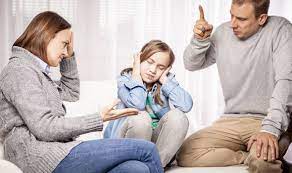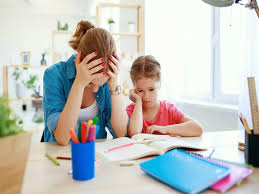Happier Children are raised when their parents are not controlling their lives
Basically the most important issue these days is the differences and problems in the Parent Child relationship. Parents feel that their children are being impulsive and not listening to their instructions whereas children on the other hand feel that their parents are restrictive and are trying to control their lives by taking decisions for them without even asking them.
So, the problem here is that both the points and perspectives are correct. Both are right on their places.

Generally, there are two types of parental control:-
# Behavioral Control
# Psychological Control
**BEHAVIORAL CONTROL**
Behavioral control refers to supervising and managing children’s behavior.
These parents discipline their kid behavior, monitor their whereabouts, and oversee their social life. Behavioral control is intended to regulate children’s behaviors to conform to the prevailing family or social norms.
Autonomy and regulation are both essential for a child’s development.
Autonomy allows a child to develop a separate identity away from their parents. This process of individuation is particularly important during adolescence when teenagers are getting prepared for adulthood.
At the same time, parents need to provide adequate structure for their child to learn to inhibit disruptive behavior and engage in socially acceptable behavior.
However when parents go overboard and control every minute detail of their children’s behavior, they become controlling parents.

**PSYCHOLOGICAL CONTROL**
Psychological control refers to intruding into children’s emotional and psychological development. Controlling parents are nonresponsive to their children’s emotional and psychological needs. They constrain and manipulate their kid’s psychological experiences.
Happier Children are raised when their parents are not controlling their lives
Psychologically controlling parents are experienced by their children as being intrusive, overprotective, possessive and controlling through guilt.



